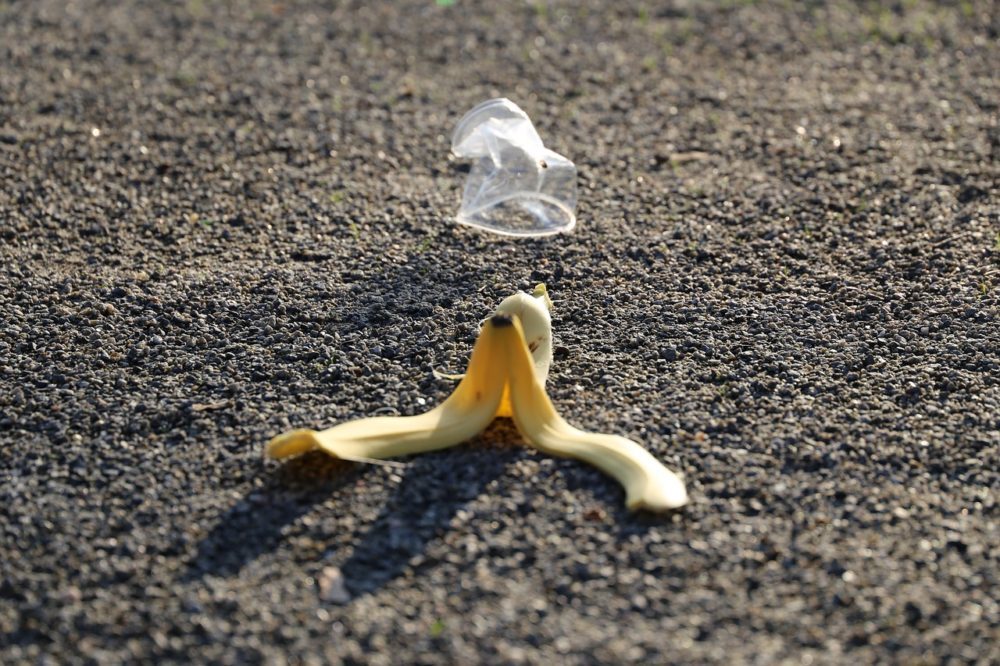Plastic producers could market single-use items as reusable to dodge EU ban

For immediate release: Brussels, 10/10/18
Plastic producers could market single-use items as reusable to dodge EU ban
European Parliament must close loopholes, say campaigners
Press Contacts:
Roberta Arbinolo, Communications Officer, Zero Waste Europe / Rethink Plastic alliance
[email protected] / +32 (0) 491 14 31 97
????BREAKING: @EP_Environment approves new rules to reduce #plasticpollution ????♀️ but #plastic producers could still market #singleuseplastic as reusable to dodge EU ban. ????♀️ @Europarl_EN, let's close those loopholes!#rethinkplastic #breakfreefromplastic https://t.co/4RpO9OXONt pic.twitter.com/dOmaTbwnCl
— Zero Waste Europe (@zerowasteeurope) October 10, 2018
Producers could simply market items like throwaway plastic cups as reusable, under changes to a draft EU laws on single-use plastics tabled today in the European Parliament, the Rethink Plastic alliance of NGOs has warned.
The European Parliament’s environment committee voted on a proposal that would introduce new rules on plastics including bans on certain single-use plastic products responsible for marine pollution, and require European governments to set reduction targets for others.
Campaigners are concerned that the committee’s proposed definition of ‘single-use’ plastic items is too narrow, and could lead to producers easily avoiding bans, and would allow them to ignore reduction targets and other measures to reduce plastic pollution. [1]
Speaking on behalf of the Rethink Plastic alliance, Greenpeace EU chemicals policy director Kevin Stairs said: “This loophole is a serious oversight by the Parliament and goes against common sense. Everyone knows a throwaway plastic cup or straw when they see one – companies simply marketing them as reusable won’t stop pollution of our rivers and oceans. A turtle choked on relabelled plastic is still a dead turtle.”
The environment committee added very lightweight plastic bags, polystyrene food and drink containers, and products made of ‘oxo-degradable’ plastic [2] to the list of banned items originally proposed by the European Commission. The proposed rules would also require plastic bottles to be made with 35% recycled plastic and introduce collection and recycling targets for fishing gear, a key contributor to marine pollution.
The European Parliament will vote in plenary in the week of 22 October on the environment committee’s proposals.
Yesterday, the global Break Free From Plastic movement published the results of 239 clean-ups and brand audits in 42 countries on six continents, revealing the extent of plastic pollution. The companies responsible for the most plastic pollution were Coca-Cola, PepsiCo, and Nestlé. Full details at bit.ly/brandauditreport2018.
On the same day, a 260,000-strong petition calling for the legislation to hold companies responsible for plastic pollution was delivered to members of the European Parliament’s environment committee by Rethink Plastic, Break Free From Plastic and Sum of Us.
ENDS
NOTES:
[1] The definition supported by the European Parliament’s environment committee concerns any plastic product “designed or placed on the market to be used only once over a short time span before it is discarded”.
[2] Oxo-degradable plastics are supposedly biodegradable plastics, which in reality break down into small fragments and contribute to harmful microplastic pollution in the oceans and other ecosystems.